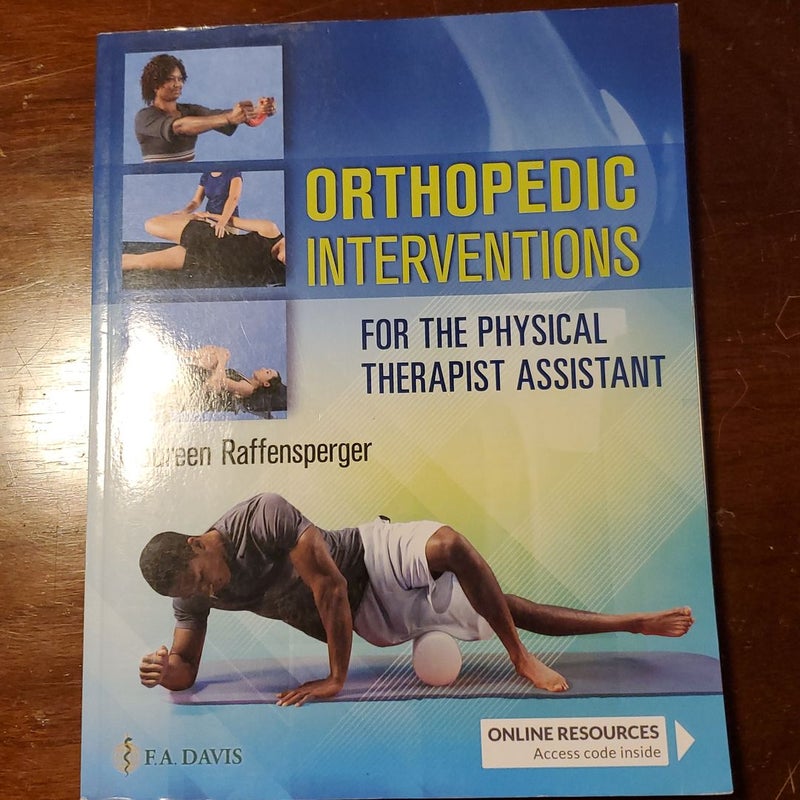Orthopedic Interventions: Restoring Mobility and Wellness
Orthopedic Interventions: Restoring Mobility and Wellness
Orthopedic interventions encompass a diverse range of medical procedures and treatments designed to address musculoskeletal issues, promoting mobility, and enhancing overall wellness. From surgical interventions to non-surgical approaches, orthopedic specialists employ a variety of techniques to address conditions affecting the bones, joints, muscles, ligaments, and tendons.
Surgical Precision in Joint Replacement
Joint replacement surgeries stand out as key orthopedic interventions, offering a transformative solution for individuals suffering from severe joint conditions. Whether it’s a hip, knee, or shoulder replacement, these procedures involve the removal of damaged joint components and the insertion of artificial implants. Advancements in surgical techniques and implant materials contribute to improved joint function and durability.
Arthroscopic Procedures for Minimally Invasive Solutions
Arthroscopy has become a hallmark of minimally invasive orthopedic interventions. This technique involves inserting a small camera (arthroscope) through tiny incisions to visualize and treat joint issues. From repairing torn ligaments to removing damaged cartilage, arthroscopic procedures minimize trauma, reduce recovery times, and offer effective solutions for various joint-related problems.
Regenerative Medicine Approaches for Tissue Healing
Orthopedic interventions increasingly incorporate regenerative medicine approaches to enhance tissue healing. Platelet-rich plasma (PRP) injections and stem cell therapies are gaining popularity for their potential to stimulate natural healing processes. These interventions hold promise for conditions such as tendon injuries, osteoarthritis, and musculoskeletal disorders, promoting tissue regeneration and reducing pain.
Comprehensive Spinal Interventions for Back Health
Spinal interventions play a pivotal role in addressing conditions affecting the spine. From spinal fusion surgeries to disc decompression procedures, orthopedic specialists employ comprehensive approaches to alleviate back pain, correct spinal deformities, and improve overall spinal health. These interventions aim to restore stability, alignment, and mobility in the spine.
Non-Surgical Options for Pain Management
Orthopedic interventions extend beyond the operating room, encompassing non-surgical options for pain management. Physical therapy, targeted exercises, and pain-relieving medications are integral components of conservative orthopedic care. These non-invasive interventions focus on strengthening muscles, improving joint function, and managing pain without the need for surgery.
Specialized Pediatric Orthopedic Interventions
Pediatric orthopedic interventions cater to the unique musculoskeletal needs of children. From addressing congenital conditions to treating fractures and growth-related issues, specialized interventions aim to ensure healthy development and optimal mobility in pediatric patients. Early interventions play a crucial role in preventing long-term musculoskeletal issues.
Sports Medicine Interventions for Athletic Injuries
Athletes often benefit from orthopedic interventions within the realm of sports medicine. Surgical and non-surgical interventions address sports-related injuries, including torn ligaments, fractures, and joint dislocations. The goal is to facilitate efficient recovery, restore function, and help athletes return to their sport with minimized risk of re-injury.
To explore more about orthopedic interventions, visit Orthopedic Interventions. These interventions represent a spectrum of solutions aimed at restoring mobility, alleviating pain, and enhancing overall musculoskeletal health. Whether through surgical precision, minimally invasive techniques, or regenerative medicine, orthopedic interventions empower individuals to regain functionality and enjoy an active, pain-free lifestyle.








